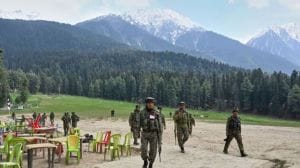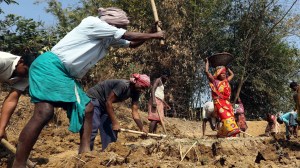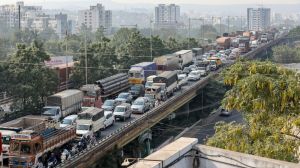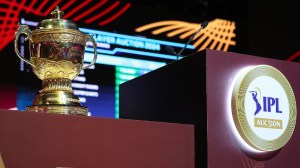HRD MINISTER Prakash Javadekar on Thursday ruled out further delay in the announcement of the Central Board of Secondary Education (CBSE) results, indicating that the board may not file an appeal against the Delhi High Court directive, which stopped it from withdrawing its moderation policy for the Class X and Class XII examinations held this year.

Officials said the board results are expected by month-end.
According to sources, Javadekar’s statement is based on the legal opinion sought by CBSE on Wednesday. The Indian Express has learnt that Additional Solicitor General Sanjay Jain has advised CBSE against filing an appeal. Earlier, CBSE was considering the option of filing a special leave petition in the Supreme Court against the HC’s directive.
Read | CBSE results 2017 updates: Know everything about the result declaration date
Jain has also advised CBSE to follow its declared five-point moderation policy in the strict sense of the word. In other words, CBSE can moderate its Class XII results, but not “spike”or inflate marks scored by students.
As per CBSE’s examination bylaws, it resorts to moderation:
# To compensate candidates for the difficulties experienced in solving the question in a specified time due to misinterpretation/ ambiguity of questions and errors.
Story continues below this ad
# To compensate the vagaries and to bring uniformity in the evaluation process.
#To bring parity on account of element of subjectivity involved in the evaluation process.
# To level up the mean achievements in the set-wise performance of the candidates attributable to the difference in the difficulty level of different sets of question papers in the multiple sets scheme.
# To maintain near parity of pass percentage of the candidates in the current year vis-a-vis preceding years, subject-wise and overall.
Story continues below this ad
Also read | Drop in CBSE applications: More state board students applying to Delhi University, data shows
“Moderation, in theory, is not a bad practice. In fact, it provides a level playing field to all students. It’s only in the last few years that it has been misused for inflation of board results. Since the high court has asked the board to follow its declared moderation policy, CBSE will do just that. Spiking of marks is not part of moderation. So results will be moderated without the deliberate and unfair inflation of results,” said a ministry source, who did not want to be identified.
The high court bench of Acting Chief Justice Gita Mittal and Justice Pratibha M Singh on Tuesday, while underlining that students would be put to “grave and irreparable loss” if the policy of moderation was done away with at this stage, said the “petitioners had made a prima facie case for interim relief”.
Read | Moderation policy debate: Here’s what state boards are planning
Story continues below this ad
As the balance of convenience was also in favour of the students, CBSE was directed “to follow declared policy, including moderation” which was in practice when the students of the academic session 2016-2017 had filled the examination forms for senior and senior secondary exams.
The bench, however, said it was not expressing any opinion on the merits, demerits, legality, or constitutionality of the moderation policy. “We don’t have the expertise on education policy. We are deeply concerned over the manner, especially timing (of the new policy), which can change the academic future of students,” it said.
For more CBSE results 2017 updates, click here

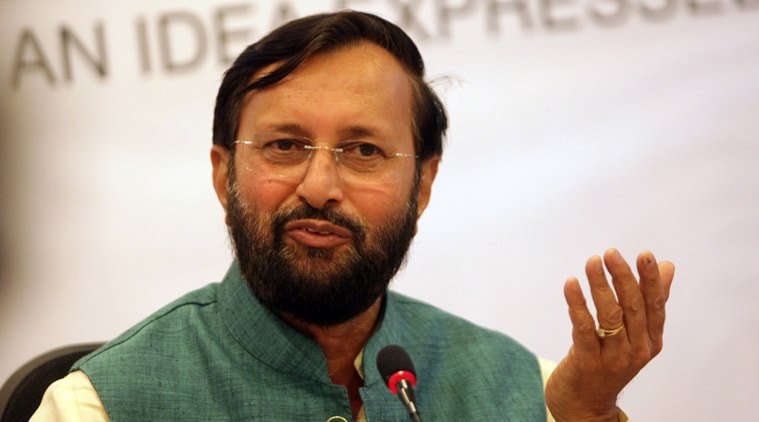 According to sources, Prakash Javadekar’s statement is based on the legal opinion sought by CBSE on Wednesday. (File photo)
According to sources, Prakash Javadekar’s statement is based on the legal opinion sought by CBSE on Wednesday. (File photo)







